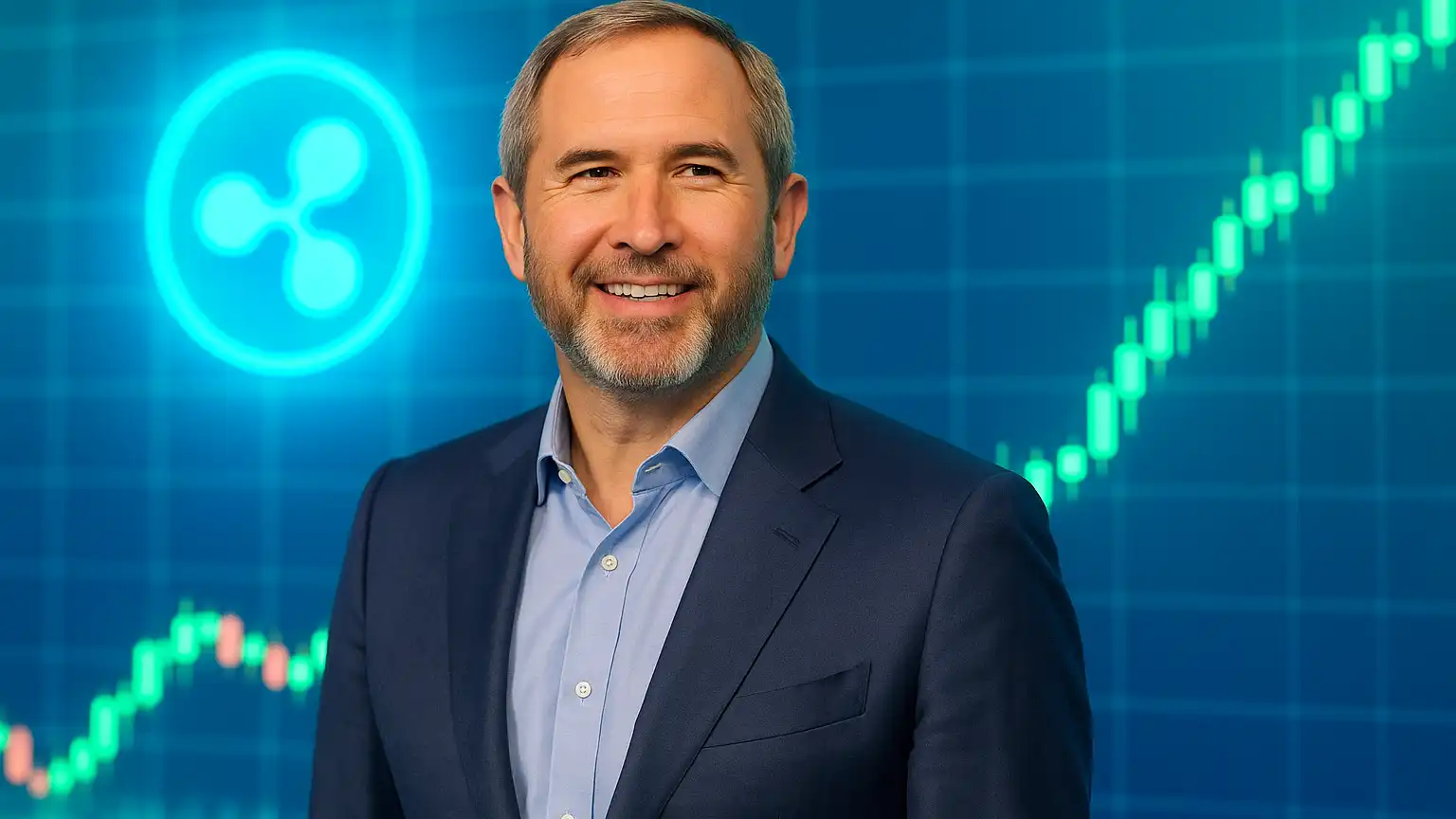The United States is witnessing a transformative shift in its approach to cryptocurrency regulation. After years of stringent oversight and enforcement actions, a more collaborative and supportive stance is emerging from Washington, signaling a potential mainstream acceptance of digital assets.
Ripple CEO Brad Garlinghouse recently highlighted this change, describing the current atmosphere as a “new dawn” for the crypto industry. Speaking at the Wyoming Blockchain Symposium, Garlinghouse noted the palpable difference in policymakers’ discussions compared to previous years. He emphasized the importance of this shift, stating, “The tone in Washington has shifted dramatically, and it’s a welcome change for the entire industry.”
Several key developments underscore this evolving landscape:
- DOJ’s Policy Shift: The U.S. Department of Justice announced it will no longer pursue charges against software developers who create decentralized crypto platforms without criminal intent. This move marks a significant departure from past enforcement actions and reflects a broader realignment under the current administration.
- Federal Reserve’s Engagement: Federal Reserve Vice Chair for Supervision Michelle Bowman proposed allowing central bank staff to hold small amounts of cryptocurrency. She argued that personal experience with crypto products would enable staff to better understand and regulate the growing sector.
- Legislative Progress: The passage of the Guiding and Establishing National Innovation for U.S. Stablecoins Act (GENIUS Act) establishes a comprehensive regulatory framework for stablecoins, requiring them to be backed one-for-one by U.S. dollars or other low-risk assets. This legislation aims to provide clarity and consumer protection in the stablecoin market.
These policy changes have had a tangible impact on the market. For instance, XRP, Ripple’s native cryptocurrency, has experienced a notable increase in adoption and value. The removal of “reputational risk” from banking supervision rules has opened doors for U.S. banks to collaborate with crypto firms like Ripple, enhancing XRP’s real-world utility.
Garlinghouse remains optimistic about the future, stating, “With growing institutional interest and potential regulatory tailwinds, we are poised to see further integration of digital assets into the mainstream financial system.” He also emphasized the importance of continued dialogue between the crypto industry and regulators to ensure a balanced approach that fosters innovation while protecting consumers.
As the U.S. continues to refine its stance on digital assets, the industry watches closely, hopeful that this “new dawn” will lead to a more inclusive and innovative financial ecosystem.



